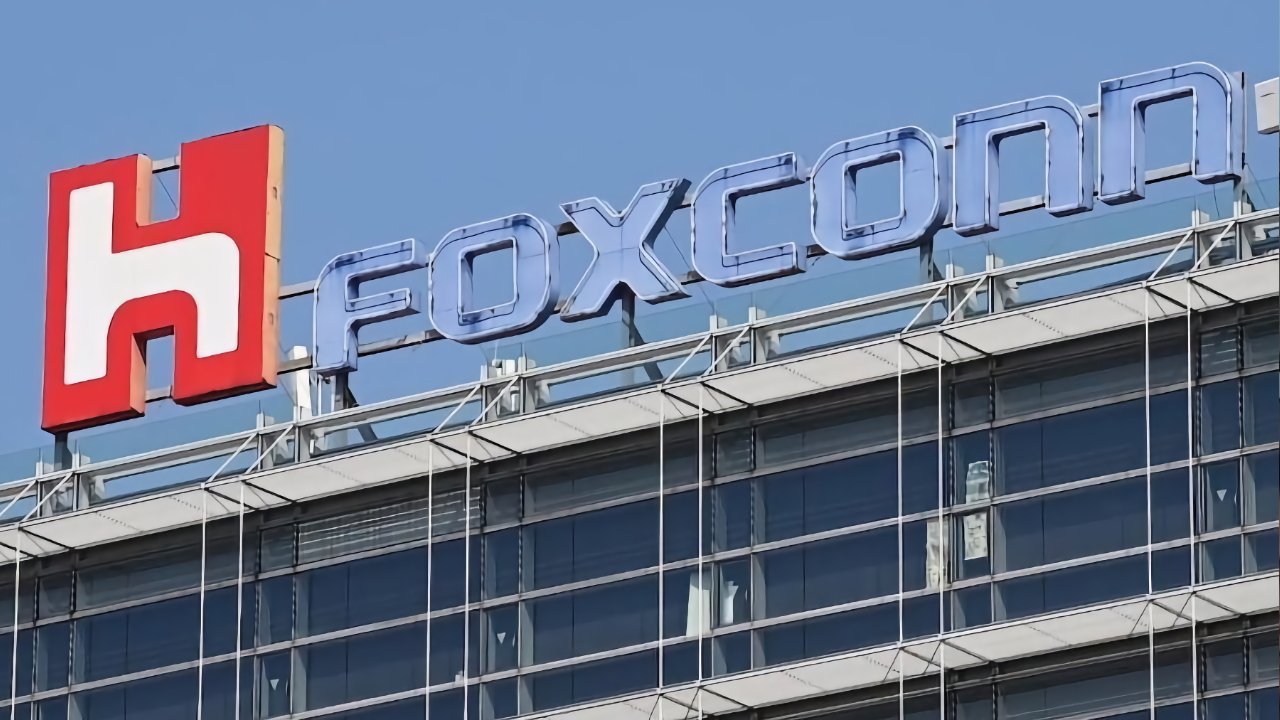Recent reports have once again brought to light concerning labor practices at Foxconn’s primary iPhone manufacturing facility in China. A Chinese labor watchdog has accused the company of subjecting workers to excessive hours, discriminatory practices, and delayed wages.
Historical Context
Foxconn, a key supplier for Apple, has faced scrutiny over its labor conditions for over a decade. In 2010, a series of suicides at the Longhua Science and Technology Park in Shenzhen, where Foxconn’s largest factory is located, drew international attention. The facility, often referred to as Foxconn City, employs hundreds of thousands of workers who have reported grueling work schedules and inadequate living conditions. The complex includes 15 factories, worker dormitories, and various amenities, yet many employees work up to 12 hours a day, six days a week. ([en.wikipedia.org](https://en.wikipedia.org/wiki/Longhua_Science_and_Technology_Park?utm_source=openai))
Ongoing Violations
Despite previous commitments to improve labor conditions, reports indicate that issues persist. Investigations have revealed that workers at Foxconn’s Zhengzhou plant, known as iPhone City, have been subjected to excessive overtime, with some accumulating up to 100 hours per month—far exceeding the legal limit of 36 hours. Additionally, there have been allegations of hiring discrimination, including the exclusion of pregnant women and ethnic minorities, as well as inadequate safety training and unsanitary working environments. ([chinalaborwatch.org](https://chinalaborwatch.org/worker-exploitation-continues-at-apple-supplier-plant-jabil-circuit/?utm_source=openai))
Worker Protests and Company Response
In November 2022, protests erupted at the Zhengzhou Foxconn facility due to breaches of contract and stringent COVID-19 policies. Workers accused the company of altering agreed-upon wages and imposing restrictive measures that limited their freedom of movement. The demonstrations escalated into violent clashes with authorities, highlighting the growing unrest among the workforce. ([en.wikipedia.org](https://en.wikipedia.org/wiki/Zhengzhou_Foxconn_protests?utm_source=openai))
In response to these allegations and incidents, Apple has stated that it is all over this and is working with Foxconn to address the issues. However, critics argue that the tech giant’s efforts have been insufficient, pointing to the recurrence of labor violations despite previous interventions. ([bbc.com](https://www.bbc.com/news/10212604?utm_source=openai))
Broader Implications
The persistent reports of labor abuses at Foxconn and other Apple suppliers raise questions about the effectiveness of corporate social responsibility initiatives. While Apple has implemented supplier codes of conduct and conducts regular audits, the recurrence of these issues suggests systemic problems within the supply chain.
Furthermore, the reliance on temporary workers, or dispatch workers, has been a point of contention. In some instances, these workers have comprised up to 50% of the workforce, far exceeding the legal limit of 10%. This overreliance on temporary labor not only violates labor laws but also contributes to job insecurity and exploitation. ([cnbc.com](https://www.cnbc.com/2019/09/09/apple-appl-claims-it-broke-china-labor-laws-at-iphone-factory-mostly-false.html?utm_source=openai))
Conclusion
The allegations of sweatshop conditions in Chinese iPhone manufacturing facilities underscore the need for more robust oversight and enforcement of labor standards. As consumers become increasingly aware of the ethical implications of their purchases, companies like Apple face mounting pressure to ensure that their products are produced under humane and lawful conditions.


